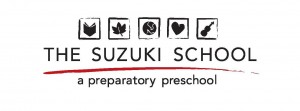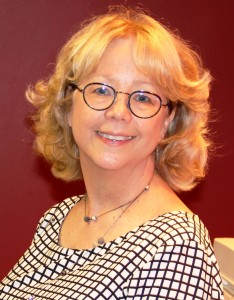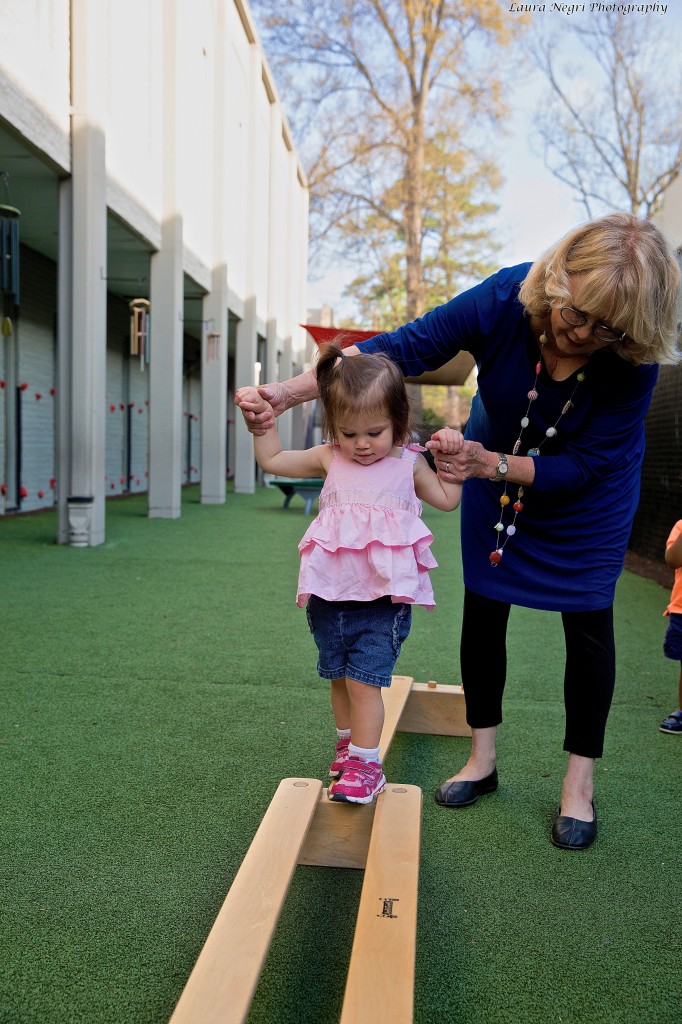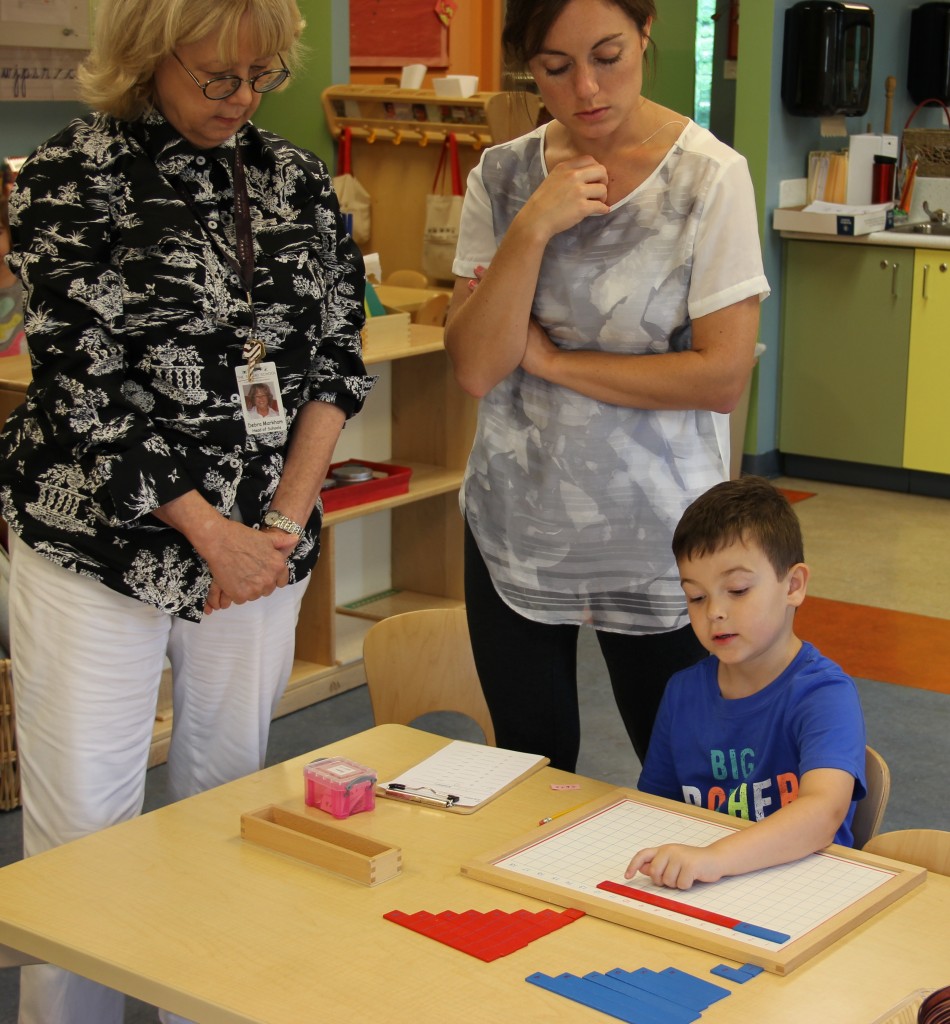A Conversation with Debra Markham of The Suzuki School

 The Suzuki School opened its doors locally in 1976, introducing a new age of early childhood education to Atlanta residents. The Suzuki approach took much from the philosophy and teachings of Dr. Shinichi Suzuki, a world renowned music educator who revolutionized music education for the young with the belief that learning begins at birth, and that children can be taught to see learning as an enjoyable endeavor. The Suzuki School later paired Dr. Suzuki’s philosophy with the educational approach and materials of Dr. Maria Montessori, merging the best from both of these early education pioneers.
The Suzuki School opened its doors locally in 1976, introducing a new age of early childhood education to Atlanta residents. The Suzuki approach took much from the philosophy and teachings of Dr. Shinichi Suzuki, a world renowned music educator who revolutionized music education for the young with the belief that learning begins at birth, and that children can be taught to see learning as an enjoyable endeavor. The Suzuki School later paired Dr. Suzuki’s philosophy with the educational approach and materials of Dr. Maria Montessori, merging the best from both of these early education pioneers.
Here’s a recent interview with Debra Markham, Head of The Suzuki School in Atlanta that provides insight into why Suzuki continues to be so successful.
What role does Suzuki play in a child’s development?
When the school was founded, I think that both founder Marlene Lerer and Dr Shinichi Suzuki instinctively knew how crucial the early years of a child’s life are to future development. Since that time, there’s been a tremendous amount of research on brain development that backs up these shared instincts. We now clearly recognize that in the first five years, everything happens: language, mobility, coordination, fine motor development, reasoning, sequential thinking, reading and writing – everything. Foundations for a lifetime of learning are largely set before elementary school.
At The Suzuki School, we recognize that the development of executive function – planning, organizing, strategizing, paying attention to and remembering detail, managing time and space – begins in those first five years. Suzuki teachers create an environment in which the child can increase and refine all these functions, while at the same time building confidence and a love for learning.
 How does Montessori education fit into the Suzuki approach?
How does Montessori education fit into the Suzuki approach?
Well, this is my own journey. I was taught to be a traditional teacher, which means pre-planned lessons. Some educators call this the factory model of education, and in reality, there is quite a bit of truth to this. The American system of education was originally based on the Ford factory model, where efficiency was prized.
I had an epiphany after my own daughter was born. I understood that children in the first five years are not ready for this factory approach, and the traditional concept of tabula rasa – the blank slate – didn’t seem to me to be valid anymore. My education in a traditional approach to teaching taught me that this blank slate must be filled by the parents and teachers in a child’s life but I realized, based on my awareness of my daughter in her early years, that the opposite was true. The child creates herself and it is up to the adults to gain the knowledge of that development and to give her only what she needs, when she shows she needs it. Vygotsky calls this scaffolding: in an effective learning environment, the parent or teacher gives the minimum help required for the child to achieve mastery. This help is gradually added, then modified, and finally removed altogether according to the needs of the child. In a Suzuki/Montessori education, scaffolding is key.
In a Montessori environment, the classroom belongs to the children and their teachers assist them as they learn to care for it, rearrange it, set it up, learn in it, make friendships and resolve conflict in it. It’s a separate environment from that of the home and that’s really important.
The windows of opportunity for learning – the sensitive periods, Montessori says – during the first two years are for order, movement, and language. The windows for reading, writing, numeration and mathematics appear in the third, fourth and fifth year. The child will never again be as open to the lessons that teach these skills as they are during these sensitive periods. Our teachers are trained to understand how the child’s brain develops, how their emotional and academic life expands, and to carefully observe in order to understand when it’s appropriate for certain materials to be presented. We are so dedicated to this approach that we have opened a Montessori Training Center, and are fully committed to having all of our teachers trained and certified in the Montessori system of education.
 What are the most noticeable traits a Suzuki child will have?
What are the most noticeable traits a Suzuki child will have?
Confidence!
The children almost universally develop enormous self-reliance and an ability to figure things out, to describe their needs, and to communicate what they think – they have ideas, they have opinions and they learn to respectfully communicate those opinions.
Another noticeable trait of the Suzuki child – he or she is highly verbal. That’s always been the case. I think it’s because they’re in a classroom where there’s always someone explaining something, and they learn to use a pretty large vocabulary to talk things over with their friends and with their parents and teachers.
How does The Suzuki School help realize a child’s true potential?
I attended a conference once during which a well-known early childhood educator actually stated that “the function of preschools is to get children ready to learn in the first grade.” That’s an erroneous concept that I think many Americans hold. Suzuki and Montessori thought something entirely different: children are ready to learn in the womb. In fact, they are learning in the womb, and once born, it’s up to the adults in that child’s environment to understand what the child needs, to provide it, and then to step back. At Suzuki, we don’t have a lead and assistant teacher in the room; there are two or three teachers in a team, sometimes four. They teach together and they work things out together. And what this collaborative approach really does is to bring the teachers’ various life experiences and teaching backgrounds together – what you get then is something quite remarkable. The family that will thrive at Suzuki is one that recognizes the enormous potential in the young child and is willing to make sure that this potential is developed.
What’s the benefit of the full day experience?
Well, it goes back to the classroom belonging to the children. The day is for working, because that’s what they see their parents do and of course, they want very much to emulate us. And evenings and nights are spent with their families. So the day starts with a meal, it begins with talking about what we want to accomplish in the day. Then the work begins. Astoundingly, considering the age of the children, this work cycle can last up to two and a half hours uninterrupted.
Our day also has a midday meal – preparing for that and sharing the meal with each other is another learning experience. After a short rest, the children can continue their morning work, or they can choose to work together in groups, join with friends, and develop socialization skills. Enrichment activities such as ballet or violin lessons also take place in the afternoons.
What happens after a child leaves Suzuki – what are they like in elementary school?
You know, they’re good at doing things. They tend to be advanced linguistically and mathematically and they are mature in their ability to care for themselves, organize their materials, follow directions, tackle new concepts, and concentrate. They know how to have a productive relationship with their teachers.
By the time they leave Suzuki, they are usually reading and writing. Their math ability – that’s astounding to me! We’ve always been able to teach children to read early on, but their math is just incredible. It’s due to the Montessori material – adding, subtracting, multiplying, dividing, and counting, specifically by units, tens, hundreds and thousands. They know place value, and can carry and borrow. If I had been taught this way, I would’ve loved math, rather than doing everything in my power to just memorize and get through it!
So then, what kind of child would really flourish at Suzuki?
I actually can’t think of any child who wouldn’t thrive at Suzuki.
I think the world would be a better place if all children could learn with a Suzuki/Montessori approach because they would be happier, more confident, less dependent on peer pressure, and content with themselves and with what they know they are capable of achieving.
Montessori creates thinkers and innovators – for instance, there’s a disproportionate representation of Montessori-schooled entrepreneurs in the technological field. If you want to learn more – Google “Montessori Mafia” (horrible name) and see what comes up!